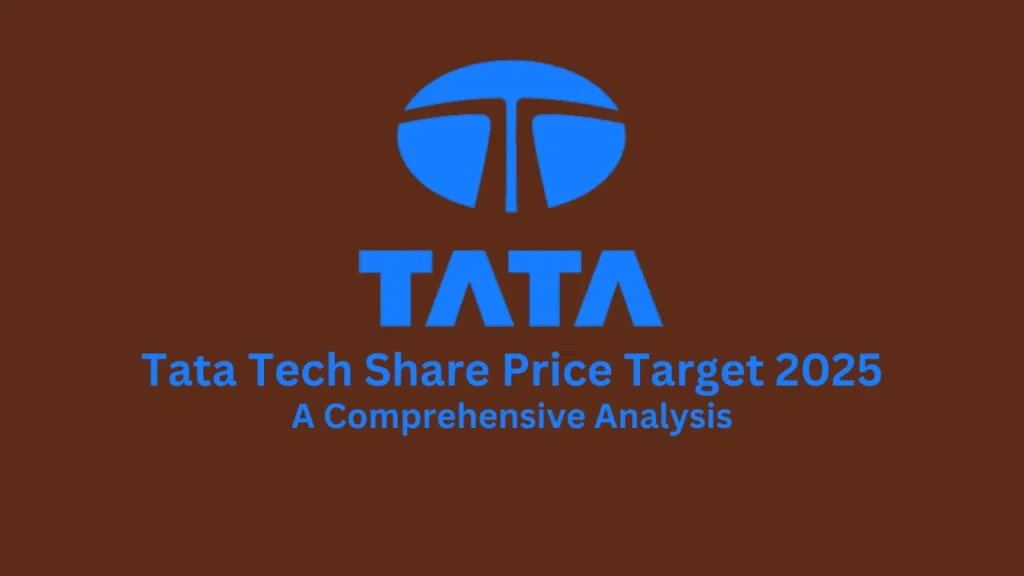Effective vacation rental property management can be a multifaceted endeavor, balancing operational efficiency, customer satisfaction, and financial health. Escalating competition in the short-term rental sector has increased the need for streamlined systems to automate bookings, communication, unit upkeep, and guest relations. Success in operational matters requires effective policies, goal alignment, and leveraging technology with an unwavering focus on quality.
In the past few years, vacation rental management has developed into a growing specialty with its share of benefits and complexity. The management of these properties requires multiple activities, including, but not limited to, reservations, maintenance scheduling, and guest services. Due to rising competition, operational complexity demands that owners and managers understand the intricacies of these processes. Utilizing resources like an Airbnb cleaning app can substantially ease these burdens, streamline tasks, and improve efficiency.
The landscape continues to change, with the most significant impact coming from technological advances. From the perspective of a novice or even an experienced operator, the adoption of sophisticated tools has transformative potential. By adopting these innovations, managers can improve their approaches to fostering guest loyalty, earning a favorable market position, and enhancing operational strategy. These tools bolster operational accuracy while saving time, which is an essential factor for long-term success in the industry.
Assessing Challenges in the Industry
Similar to other industrial sectors, the vacation rental industry encounters numerous challenges that necessitate strategic management. One of the most significant challenges is dealing with seasonal demand shifts, which require flexible pricing and marketing tactics. Furthermore, the evolving regulatory framework adds a host of new complications. Managers must keep track of local regulations and compliance issues to prevent legal complications down the line. The report on industry competition highlights this issue and mentions an increased influx of competition within the sector, which further intensifies these challenges by compelling managers to improve their service standards.
Another challenge associated with maintenance is ancillary service, which is strategic to the guest experience. To keep a property at the expected standard, there must be an active policy for the repair and improvement of the facilities to meet guests’ expectations. Success in property management enhances the occupancy level and profitability of the property. The ability to promptly deal with and mitigate issues can serve as a competitive edge.
The Role of Technology in Simplifying Operations
Vacation rental management is being technologically upgraded with new innovations that ease the workload and even fully automate some processes. From booking and managing to maintenance scheduling, the options are numerous and impactful. Such technology allows managers to focus on strategic initiatives instead of drowning in mundane clerical work. Furthermore, data-driven technologies can improve Market and service offering decisions through better decision-making processes.
There is an industry-wide consensus that sustaining competitiveness by adopting technology is critical. It allows for the enlargement of operational capabilities, coping with demand and supply changes, and delivering customized experiences to the guests. By having these technological options, property managers can improve operational efficiencies, reduce costs, increase the profit margin, and, most importantly, enhance the guest experience.
Essential Tips for Efficient Property Management
Efficient property management includes up-to-date marketing, effective communication, streamlined check-in/check-out processes, and, of course, regular maintenance. Prevention of guest-related issues is essential, and regular maintenance enhances the guest experience and drives repeat business. Social media and search engine optimization enhance communication and boost occupancy rates while easing the guest’s stay. Implementation of mobile check-in and keyless entry systems provides streamlined operations while improving convenience for guests.
Legal and Compliance Considerations
Compliance is key when managing a vacation rental, as vacation rental management blunders can result in severe fines and reputational harm. A vacation rental manager should possess comprehensive knowledge of the local zoning laws, tax requirements, health and safety codes, and much more.
Many industry resources are focused on compliance construction. For example, these resources provide outlines on compliance pitfalls and share the lack of proactive education policies as a significant drawback. Local associations or legal advisors can equip one with better tools to deal with the convoluted web of laws.
Enhancing Guest Experience for Repeat Business
An excellent guest experience is critical in any vacation rental business, as it drives repeat business and generates positive reviews. Thoughtful “thank you” gestures like welcome baskets or local area guides can greatly enhance guests’ stays and contribute to a property’s reputation and legacy building. The level of attention to detail illustrates a property’s commitment to guest satisfaction and helps strengthen relationships, affording brand loyalty.
Successful vacation rentals often differentiate themselves by offering unique and memorable experiences.This may include discretionary personalization, such as eco-friendly options and assistance regarding local activities tailored to specific guests, or providing local attractions. Continuously improving services based on feedback from guests further enhances the property’s reputation as a preferred accommodation.
Leveraging Data for Improved Decision-Making
Data analytics offers numerous avenues for increasing profitability and enhancing operational efficiencies for property managers. A careful examination of a property’s guests’ preferences, booking behavior, and overall market dynamics enables informed decisions that align customer needs with business objectives. This approach helps property managers respond to market shifts rapidly with competitive rates and tailored promotions.
Furthermore, employing real-time data for operational analytics can assist in determining operational inefficiencies within a business so that appropriate actions can be taken at the right time. The ability to acquire and utilize data gathered from various sources gives property managers the opportunity to continuously refine and sharpen their tactics toward attaining sustainability with precision.
Future Trends in Vacation Rental Management
The area of vacation rental management will soon evolve under the wings of sustainability, and customization for the individual user will take the front seat. With the rise in concern for the environment, vacationers are on the lookout for greener options. These shifting trends will most certainly push the property management sector to adopt more sustainable practices, such as trash minimization and energy-saving appliances.
Customization will be just as vital because travelers want a trip tailored to their preferences. In a competitive marketplace, properties can distinguish themselves through tailored local tours alongside personalized recommendations and flexible check-in times. Staying on top of these trends will allow vacation rental companies to remain competitive and provide outstanding services to their customers.



